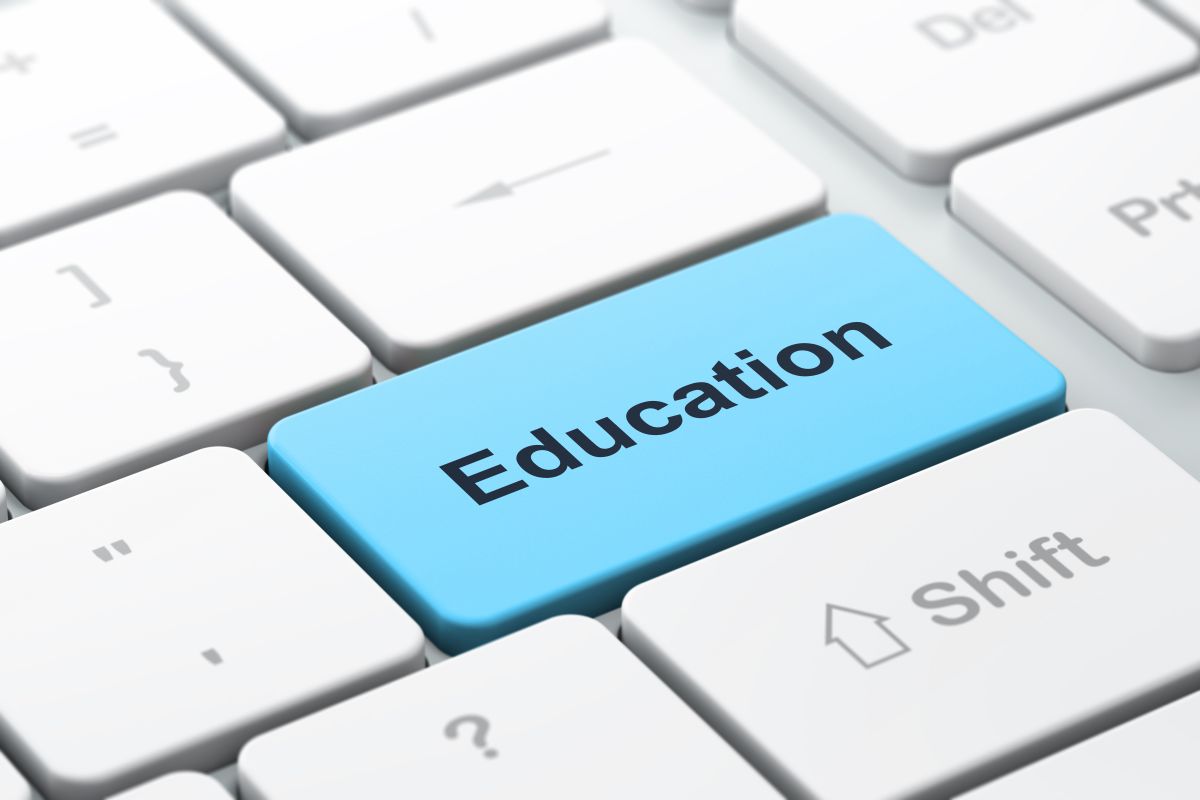(i) Nursery Schools:
There are two types of Nursery Schools in England and Wales. Under the first category come those schools which receive full financial grants from Local Education Authorities. These are called Maintained Schools. Under the second type come those Nursery Schools which receive only partial grants.
ADVERTISEMENTS:
In a Nursery School there are about sixty to eighty students. In a class there are about twenty students. The age limit is 2-4 years. The teachers are mostly ladies. They to improve the behaviour of children.
They teach the children to dress themselves. They arrange for their food. They teach them many useful things through plays. These schools are generally situated near cotton mills. Mothers working in these mills leave their children here before going for work. No formal education is given in these schools.
Through playing, singing, painting, dancing and modelling an attempt is made to promote their physical, mental and social development. As a result, children become self-reliant. Constructive plays and activities involving good behaviour and good healthy habits are the essential parts of curriculum. According to the stage of development of child the school buildings and equipments are organised. Most of the Nursery Schools are independent and some of them are connected with Infant Schools.
(ii) Infant Schools:
ADVERTISEMENTS:
Children of five years of age are admitted in these and receive education upto seven years of age. Reading, writing and arithmetic are principally taught. Thus formal education begins here. The Montessory and Kindergarten methods are followed. Children are given opportunities in different types of play-activities.
At some places the Infant Schools are connected with Junior Schools and at other places they are connected with some other schools. An attempt is made to explain to the children the relationship between the given knowledge and life.
An interesting and free environment is created in these schools. Proper attention is paid to the development of various senses, power of observation and vocabulary. There is co-education in these schools. The power of self-expression is developed through singing and use of mother tongue. Attendance is compulsory.

